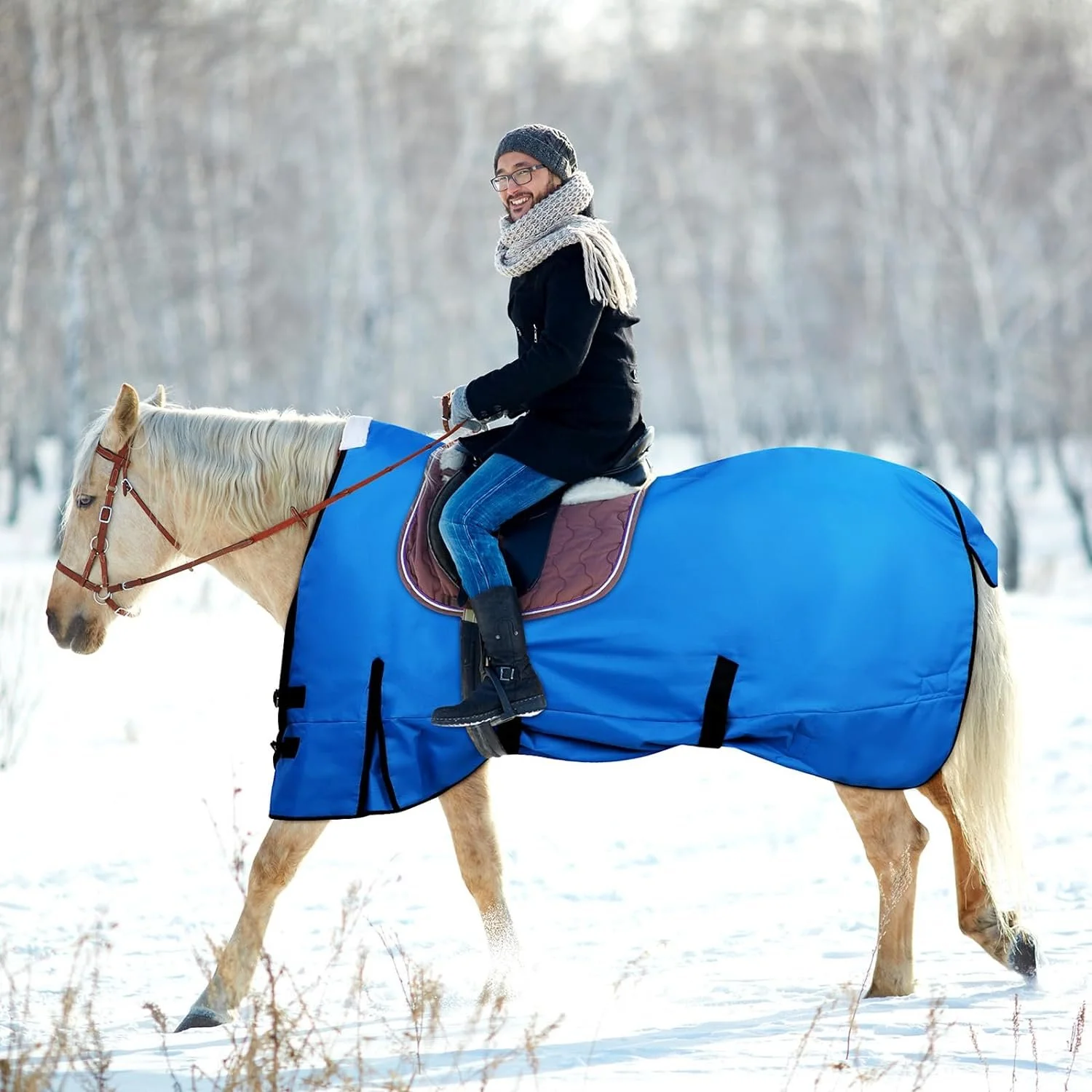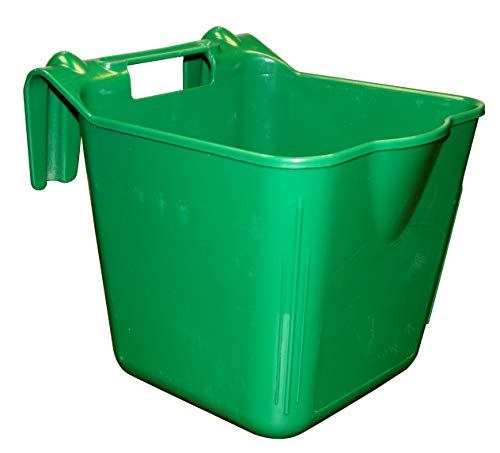Protecting Horses in Extreme Weather
Provide warm water.
Provide warm water at least twice a day or use a water-heating unit if the horses drink from a common water source in a field. Make sure the heating units are working properly and no stray voltage is leaking into the water. If horses must drink cold water, they may not drink enough, which could contribute to impaction colic and dehydration.
Provide shelter.
Horses are generally well protected from the cold through the insulating hair coat and other aspects of their physiology. However, they need protection in extreme winter conditions of cold, blizzard, or wind. The insulating hair coat becomes significantly less effective when wet through, and horses should be sheltered from the cold when freezing rain is combined with cold weather.
Make food available.
Be sure their food source is free of snow and ice. Increase the availability and proportion of hay in the diet during cold weather. Additional fiber for the hindgut to digest increases their ability to stay warm by fueling the "internal furnace" that is constantly fermenting their food.
Protect older horses.
Winter is harder on older horses. Hazards include slipping and being unable to get up and insufficient body fat to withstand the cold due to poor dentition or other issues. Older horses may require much more care than younger horses in winter.
Protect horses not acclimated to the cold.
While horses are generally well-equipped for cold, horses that have been competing and/or recently retired may not have the kind of coat they need. It may take a couple of winters for them to adapt and grow a good winter coat. Keep these horses in a barn during extreme cold weather. These horses may need to wear insulating winter blankets.




